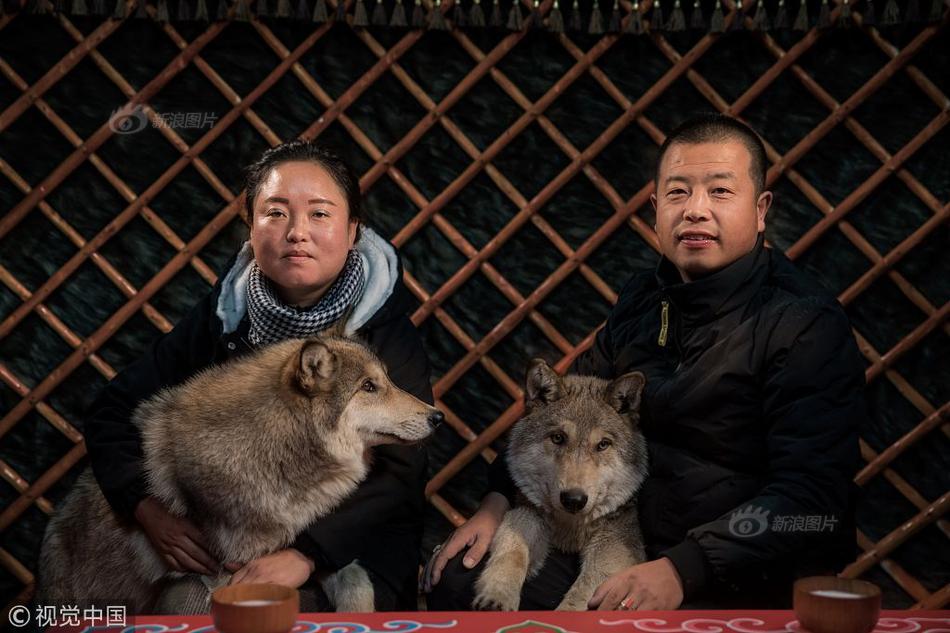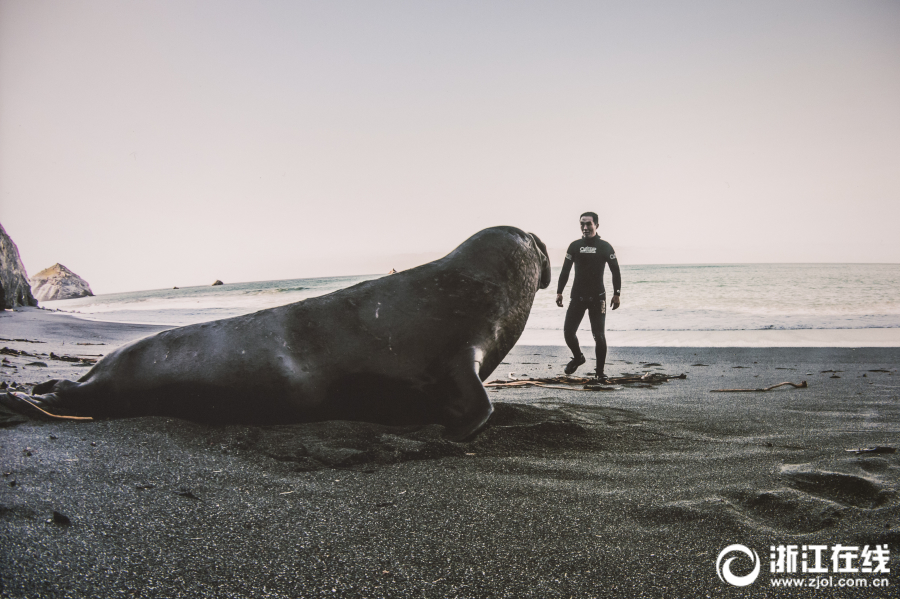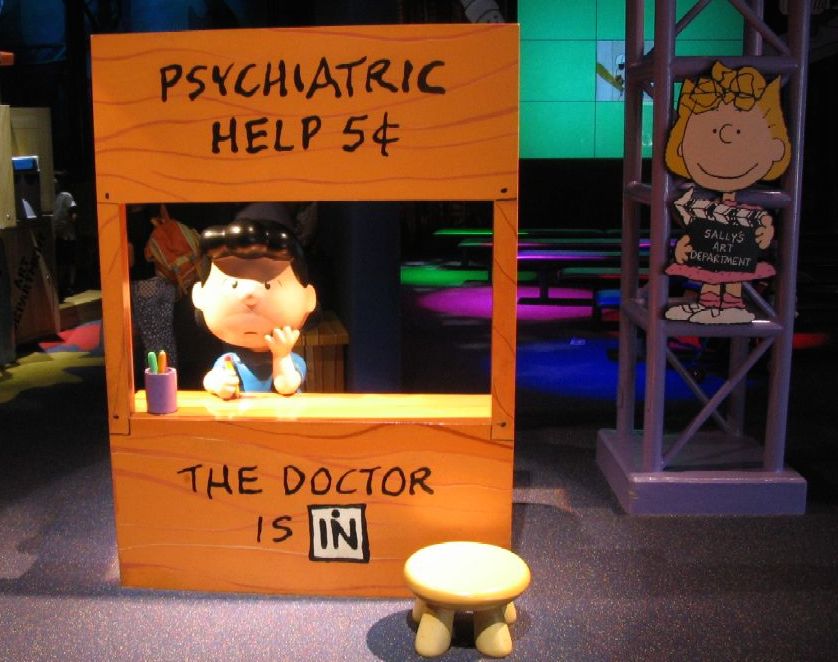A 24-year-old chimp in Japan has a genetic disorder similar to Down Syndrome in humans,why does hollywood combine eroticism with horror researchers have found.
Kanako is only the second chimpanzee known to have the chromosomal defect trisomy 22. The disorder has stunted her growth, left her blind and resulted in a congenital heart disease and underdeveloped teeth.
SEE ALSO: Primates, our closest living relatives, are facing an extinction crisisBut she's also lived a surprisingly long time.
The first chimp with a confirmed case of trisomy 22 -- which scientists documented in 1969 -- didn't live to see its second birthday. That makes Kanako the longest-living chimp with this chromosomal disorder, at least that scientists are aware of, according to a new study in the journal Primates.
 Original image has been replaced. Credit: Mashable
Original image has been replaced. Credit: Mashable Trisomy 22 occurs when a chimp's cells have a third copy of chromosome 22. Apes normally have 24 pairs of chromosomes, for a total of 48.
Humans, by contrast, have 23 pairs of chromosomes, or 46 altogether. With Down Syndrome, a person's cells contain a third copy of chromosome 21 -- hence the disorder's scientific name, trisomy 21.
Kanako was born in captivity in 1992 at a Japanese wildlife facility. She was later transferred to Kyoto University, where the study's lead author, Satoshi Hirata, works.
Her caretakers didn't initially suspect the chimp had trisomy 22, even though she had stunted growth, developed cataracts as a baby and developed cross eyes and a disorder that causes her corneas to progressively thin, among other issues. These symptoms are also common in humans with Down Syndrome.
 Original image has been replaced. Credit: Mashable
Original image has been replaced. Credit: Mashable But in 2014, during a routine physical exam, an echocardiogram showed a "hole" in the wall of her heart that separated the organ's top two chambers. That prompted researchers to analyze her chromosomes, a step that eventually confirmed Kanako has trisomy 22.
It remains unclear how common the disorder is among chimps, Hirata said in a press release.
A 2015 paper in Primates suggested a baby chimp in Tanzania had symptoms similar to Down Syndrome, but chromosomal tests couldn't be conducted.
The Japanese researcher speculated that the probability of having trisomy 22 in chimpanzees may be comparable to that of trisomy 21 in humans, which occurs in up to 1 in 600 births.
(Editor: {typename type="name"/})
 Report: Match Group dating apps conceal assault cases
Report: Match Group dating apps conceal assault cases
 A conspiracy theory about a party supply store went viral on TikTok. Then the police showed up.
A conspiracy theory about a party supply store went viral on TikTok. Then the police showed up.
 Amazon's Halo fitness tracker can now judge how your body moves
Amazon's Halo fitness tracker can now judge how your body moves
 Photos of Our 2014 Spring Revel
Photos of Our 2014 Spring Revel
Brest vs. PSG 2025 livestream: Watch Champions League for free
 TL;DR:Live stream Brest vs. PSG in the Champions League for free on Virgin Media Player. Access this
...[Details]
TL;DR:Live stream Brest vs. PSG in the Champions League for free on Virgin Media Player. Access this
...[Details]
Zoom might use your calls and data to train AI
 There's a chance your video calls will be used to train artificial intelligence. Zoom updated its te
...[Details]
There's a chance your video calls will be used to train artificial intelligence. Zoom updated its te
...[Details]
Wordle today: Here's the answer and hints for August 6
 Can't get enough of Wordle? Try Mashable's free version now I
...[Details]
Can't get enough of Wordle? Try Mashable's free version now I
...[Details]
Tinder adds the ability to block phone contacts from your feed
 Sifting through the masses on a dating app can be difficult and discouraging enough on its own, but
...[Details]
Sifting through the masses on a dating app can be difficult and discouraging enough on its own, but
...[Details]
9 Tech Products That Were Too Early to Market
 Every now and again, someone comes up with a revolutionary idea for a product or service and brings
...[Details]
Every now and again, someone comes up with a revolutionary idea for a product or service and brings
...[Details]
Already! (Or, Baudelaire at Sea) by Dan Piepenbring
 Already! (Or, Baudelaire at Sea)By Dan PiepenbringApril 9, 2014Arts & CultureAlfred Jensen, Tall
...[Details]
Already! (Or, Baudelaire at Sea)By Dan PiepenbringApril 9, 2014Arts & CultureAlfred Jensen, Tall
...[Details]
TikTok users in Europe will be allowed to opt out of its customized algorithm
 In Europe the For You Page is about to be a little less for you.TikTok is rolling out the option for
...[Details]
In Europe the For You Page is about to be a little less for you.TikTok is rolling out the option for
...[Details]
 On Knowing ThingsBy Sadie SteinApril 14, 2014Our Daily CorrespondentPhoto: Allen Timothy ChangYester
...[Details]
On Knowing ThingsBy Sadie SteinApril 14, 2014Our Daily CorrespondentPhoto: Allen Timothy ChangYester
...[Details]
Ms. Frizzle spotted at Science Marches across the globe
 The Magic School Bus took some very important field trips this Earth Day, making stops at Marches fo
...[Details]
The Magic School Bus took some very important field trips this Earth Day, making stops at Marches fo
...[Details]
The Morning News Roundup for April 8, 2014
 Raskolnikov Meets the Caped Crusader, and Other NewsBy Dan PiepenbringApril 8, 2014On the ShelfImage
...[Details]
Raskolnikov Meets the Caped Crusader, and Other NewsBy Dan PiepenbringApril 8, 2014On the ShelfImage
...[Details]
接受PR>=1、BR>=1,流量相当,内容相关类链接。